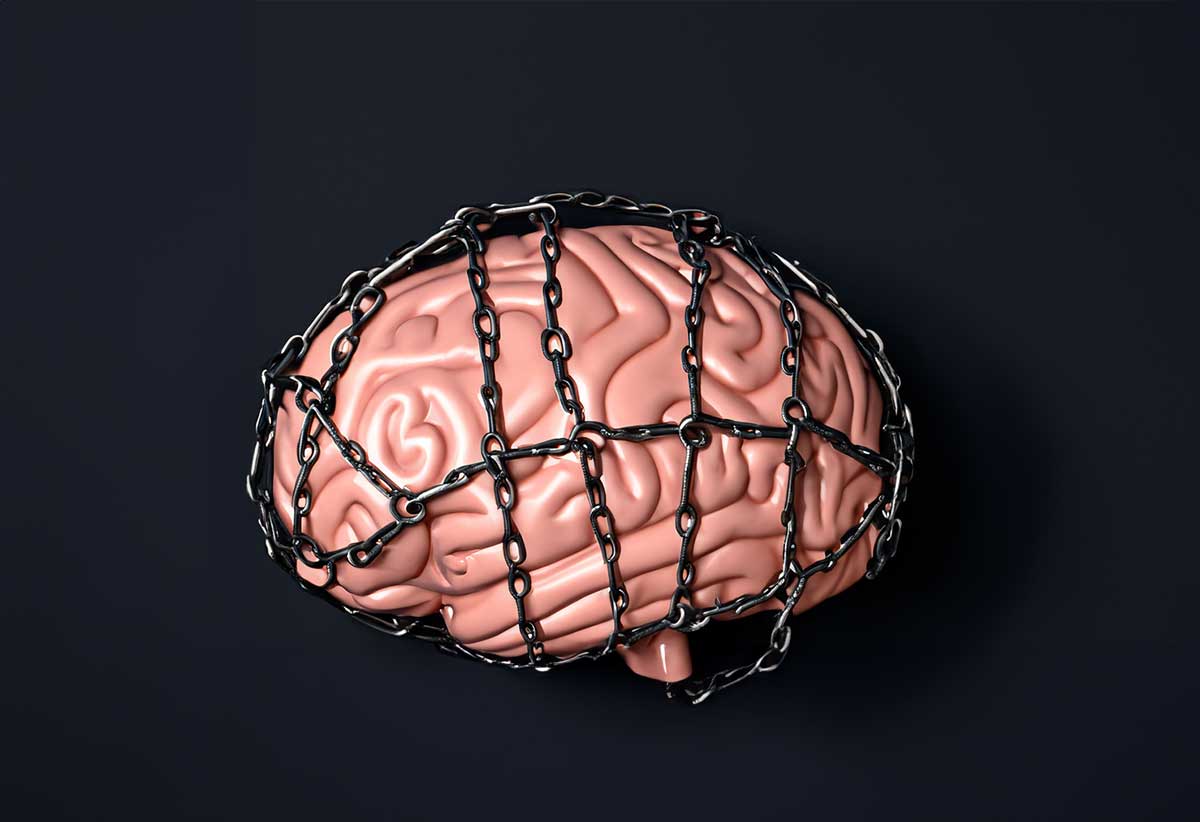

One of the most-welcome news I got ahead of the 2023 Emancipation Month observances here was that The University of the West Indies (The UWI) and the University of Glasgow (U of G) will, this September, welcome the first cohort of students in the double-degree MA/MSc in Reparatory Justice.
The joint degree programme is an initiative of the Glasgow-Caribbean Centre for Development Research, established in 2019 with the signing of an historic memorandum of understanding between the two institutions.
The taught double-degree Master’s programme targets current and emerging social activists, CARICOM citizens, and members of the Caribbean and African diaspora with an interest in reparatory justice.
It offers students an unparalleled opportunity to work with scholars in reparatory justice at The UWI and the UofG.
The University of the West Indies continues to be at the forefront of the global movement, leading activism and academic research underpinning claims for reparations for slavery.
The University of Glasgow offers access to primary source materials and material culture holdings and draws on a range of expertise across the study of slavery, genocide and human rights violations.
Vice-Chancellor of The UWI, Professor Sir Hilary Beckles, himself an iconic, internationally-recognised expert whose advocacy and academic contributions in reparatory justice have strengthened its worldwide acknowledgement said:
“Globally, the reparations movement continues to gain momentum and The University of the West Indies is a lead driver of the movement.
“There is no time better than now for the study of reparatory justice and we are pleased to jointly deliver this first of its kind in the world programme.
“Students, whether drawn from within the Caribbean or internationally, will have a unique and valuable opportunity to gain the necessary knowledge that will help them amplify their voices for the reparatory justice movement.”
He expounded further, “We have already seen the very pronounced interest of international students in the programme.
“It affirms our work as a champion of this global reparations movement, which seeks to bring international and diaspora voices, at all levels, to a single table.”
The programme’s unique features include the partnership between The UWI and U of G for teaching, research and education which facilitates a programme focused on the Caribbean and the reparations movement, but which also draws on case studies from the wider global context.
The programme also offers collaboration with research centers in Europe, the Americas and Africa for a distinctively international learning experience.
Students will graduate with both a degree from The UWI and the University of Glasgow.
Key contributors in developing the programme include:
UWI experts Professor Verene Shepherd, Director of The UWI Centre for Reparation Research (CRR); Dr. Sonjah Stanley-Niaah, Senior Lecturer, Cultural Studies & Deputy Dean, Marketing & Resource Mobilisation in the Faculty of Humanities & Education, The UWI Mona Campus; Ms. Gabrielle Hemmings, researcher attached to the CRR; Dr. Tara Inniss, Deputy Dean (Planning), History Lecturer and Coordinator, Heritage Studies at The UWI Cave Hill Campus; Dr. Ramona Biholar, Senior Lecturer in the Faculty of Law at The UWI Mona Campus and Dr. Christine Whyte, Lecturer in Global History (History), School of Humanities, University of Glasgow.
In welcoming the impending start of this seminal Master’s programme in reparatory justice, CRR Director, Professor Verene Shepherd said:
“Knowledge production and knowledge exchange are key pillars and components of the international reparatory justice campaign; and the CRR is honoured to have been involved in creating this innovative and unique experience for students, who will, no doubt, become advocates for social justice.”
Dr. Tara Inniss, the Programme Coordinator at The UWI Cave Hill Campus in Barbados said:
“The Department of History and Philosophy at the Cave Hill Campus is keen to continue work with colleagues across institutions as we deepen our understanding of the legacies of the slave trade and slavery on our modern world, while also creating fertile ground for a new generation of activists who are equipped to advocate for reparatory justice.”
Her counterpart Programme Coordinator at The UWI Mona Campus in Jamaica, Dr. Ramona Biholar added:
“The UWI-Glasgow double master in Reparatory Justice is a forward-looking, interdisciplinary programme that attests the two institutions’ commitment to social justice, equality and human rights.
“It engages students in the indispensable study of slave trade, slavery and colonialism, and their enduring effects, and emboldens a critical understanding of contemporary global inequalities and their historical roots, while developing skills to confront them and advocate for reparatory justice.”
Regional and international students have the choice of pursuing programme studies at the Mona or Cave Hill campuses of The UWI, or at the University of Glasgow in Scotland.
Pofessor Sir Hilary worked hard on this project and his determination in pursuit of its fruition was to show, among other things, that this was not another of the ‘Research and Rum’ entities that dropped all their pretenses to apology and atonement, after they realized the true cost of the depth of their involvement – and thus their ‘business decision’ to drop that ball.
I am also insistent that, to get Kweyol its rightful place in our schools, we need to take-up the Prime Minister’s pledge, in his first address to the nation on August 1, 2021, announcing three consecutive Emancipation Months (2022, 2023 and 2024) — and to take Kweyol, Caribbean and African History to our schools.
The Ministry of Education will have taken note of the two-year-old pledge and started starting to make it happen, but the Emancipation Month 2023 observances — continuing from today to September 3 — should also lead to a better understanding of why our students and youth, today and tomorrow, should be learning at school, alongside teachers in a joint learning process. our true history.
Our students and youth must learn that Columbus never discovered Saint Lucia, how Africans came here — and why we must be proud of our Kweyol Language, which is, without doubt, the most-widely-spoken language in the Caribbean Community (CARICOM).
Yes, it’s time for Kweyol to go to school!





